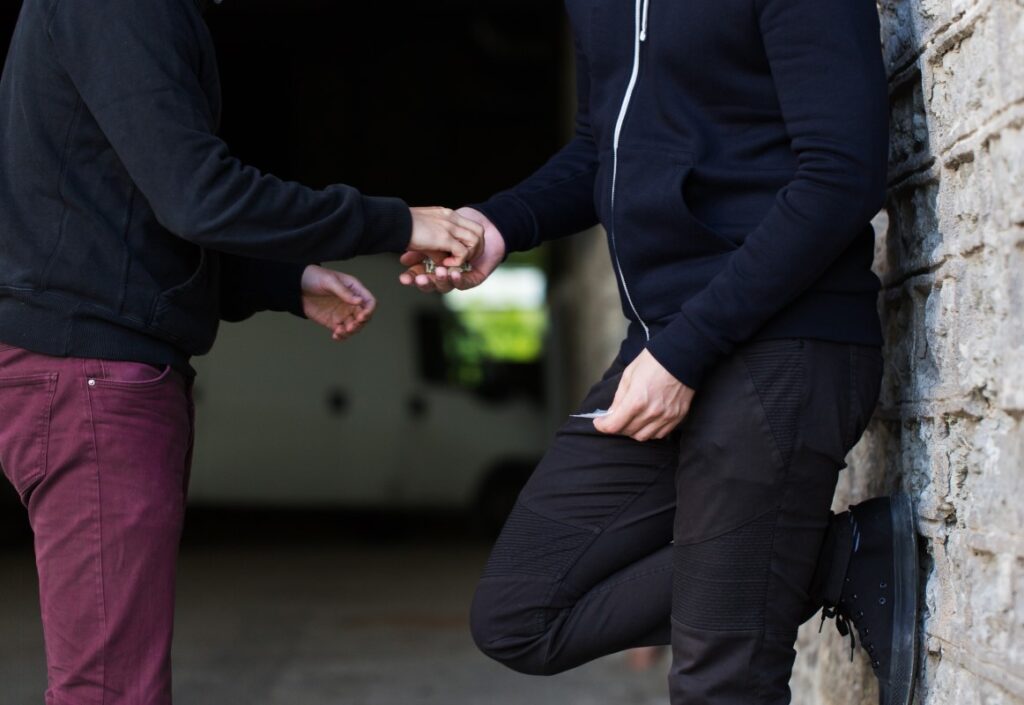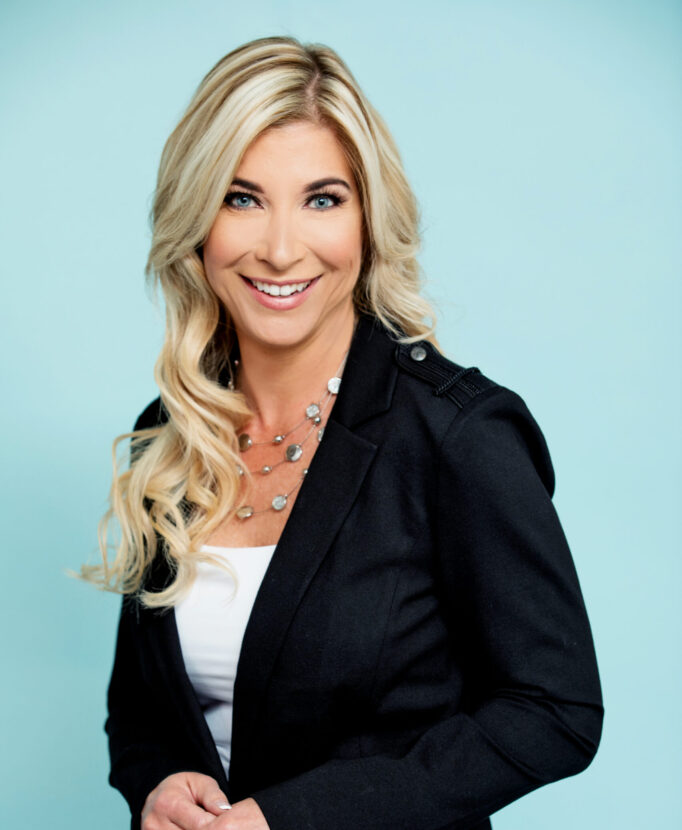Celeb Shot
Respect: What Drug Dealers Taught Me About Trust
Former undercover drug enforcement officer, trust strategist, and communication expert Pamela Barnum guides readers through the crossroads of confidence and humility, underscoring the pivotal roles of trust and respect in both personal and professional spheres.

If you’ve been a passenger in enough taxis or rideshares, you may have one driver that sticks out in your memory. Perhaps it was the stimulating conversation or the condition of their car. For me, it was my driver’s ability to drive, roll a joint, and simultaneously avoid wildlife on the road.
Well, almost simultaneously. One night, while working undercover, I was in the back of a cab driven by a very relaxed cabbie named Sherry. While smoking her perfectly rolled joint, a deer jumped out as we were speeding down a country road bordered by cornfields.
Sherry did not take any evasive action. I should mention that the taxi business was a front for Sherry’s more lucrative business of dealing cocaine.
THUNK! The deer rolled over the taxi’s hood like a Hollywood stuntman. I looked back and saw it running into the field, apparently unharmed. Sherry was utterly unfazed. It was as though she and the deer had a pre-existing date to play chicken on that backroad.
Although the late-night taxi versus deer encounter certainly stands out in my memory, what Sherry said about trust has stood the test of time. To paraphrase, she shared that only three things motivate people. The first is money. People will lie, steal, kill, and cheat for money. The second is lust or love, whatever you choose to call it. Crimes of passion happen every day. The third, and the most important, because it is foundational to the first two, is respect.
To date, I have been unable to disprove Sherry’s motivation trifecta. The desire for respect is so visceral that people will often forgo money or love to get respect.
Unfortunately, disrespect is on the rise, and the demonstrated incivility is eroding trust. Disrespect shows up in many ways. It could be interrupting someone while they are speaking. Perhaps it’s making snide comments, sighing, or making facial gestures while someone is talking. Disrespect can deteriorate into bullying or harassment, and as the incivility worsens, so does the situation.
In a decade of undercover drug work, I rarely encountered women dealers. Like many occupations, women are significantly under-represented in the drug dealer world. The glass ceiling is bulletproof, the #MeToo movement is nonexistent, and the lack of respect is palpable.
The word trust seems to be thrown around a lot lately. Trustworthiness is valued above all else in business and personal matters. Trust affects individuals, businesses, and nations in deciding how they will or will not interact with others. Understanding the decision to trust or not to trust is crucial in all parts of our lives.
Unfortunately, the turmoil of recent years has bankrupted trust around the world. Many no longer trust the government, big business, the media, and, worst of all, each other.
Language reflects how we think and is a window into the soul of our culture. Phrases like fake news, misinformation, disinformation, conspiracy, and deep fake have become part of everyday conversation. Respect is lost, and trust is in trouble.
My work as an undercover drug enforcement officer and later as a federal prosecuting attorney, coupled with ongoing research, gives me a unique insight into how trust develops and what happens when there’s a breach. As an undercover drug cop, I worked in a world where the safety net of corporate governance was nonexistent, and the ability to communicate respect and establish trust meant survival.
Today, my world is very different. I present to thousands of people worldwide each year. I am fortunate that many will approach me afterward and share stories about their experiences. A common theme is that disrespect is like a virus; it spreads in the workplace, and trust suffers.
Research backs up these anecdotes: incivility is rising, and trust is tanking. The lack of respect and trust costs us emotionally, professionally, and financially. When people feel disrespected in the workplace, they underperform, intentionally decrease the time spent at work, and reduce their commitment to the organization.
Conversely, when people feel respected, they are significantly more motivated to work, have lower rates of absenteeism and are less likely to look for another job. There are strategies we can employ to increase respect and elevate trust within our organizations. It begins at the crossroads of confidence and humility. One without the other sends us down the wrong path.
When we exhibit confidence layered with humility, we move toward trust. However, when we present too much of one at the expense of the other, we can create distrust. Think about someone who is uber-confident and lacks humility. They may be described as arrogant. Do you respect them? Do you trust them? Now imagine the self-deprecating person who lacks confidence. How much do you trust and respect them on a scale of one to five?
Like so many of the drug dealers I worked with, Sherry suffered from the Dunning-Kruger effect. She grossly overestimated her knowledge and competence, which led to a lack of respect and mistrust among her customers and colleagues.
Trust fuels relationships, reputations, and revenues. Respect is the vehicle that gets us there. So when a deer, or incivility, gets in your way, keep driving toward the intersection of confidence and humility. Once you arrive, inhale and take in the view.
Events aren’t easy, but working with WSB is. WSB works with thousands of respected influencers, thought leaders, and speakers each year and our experienced sales team is committed to the success of your event. For more communication speaker ideas, please contact us.
